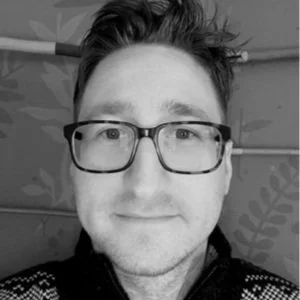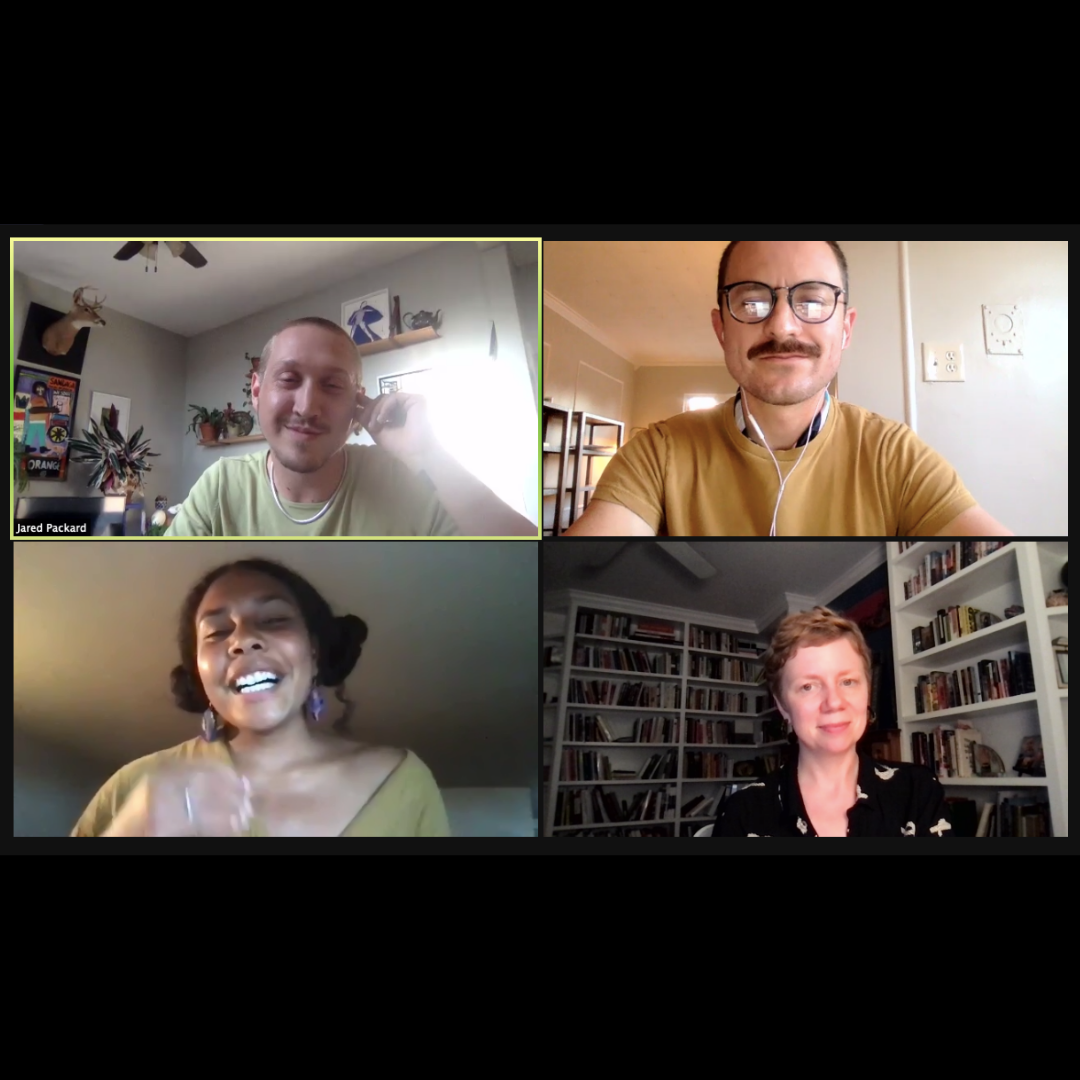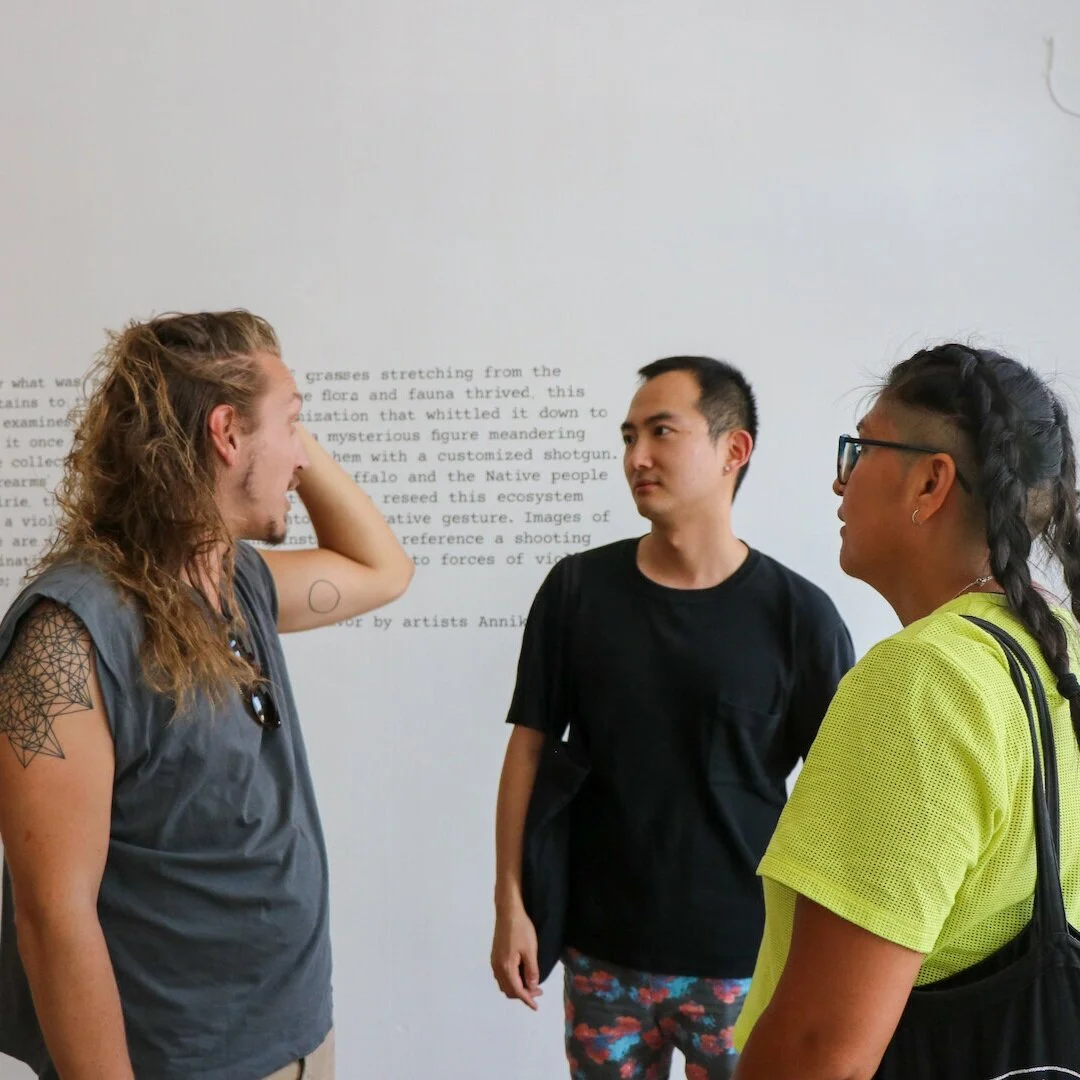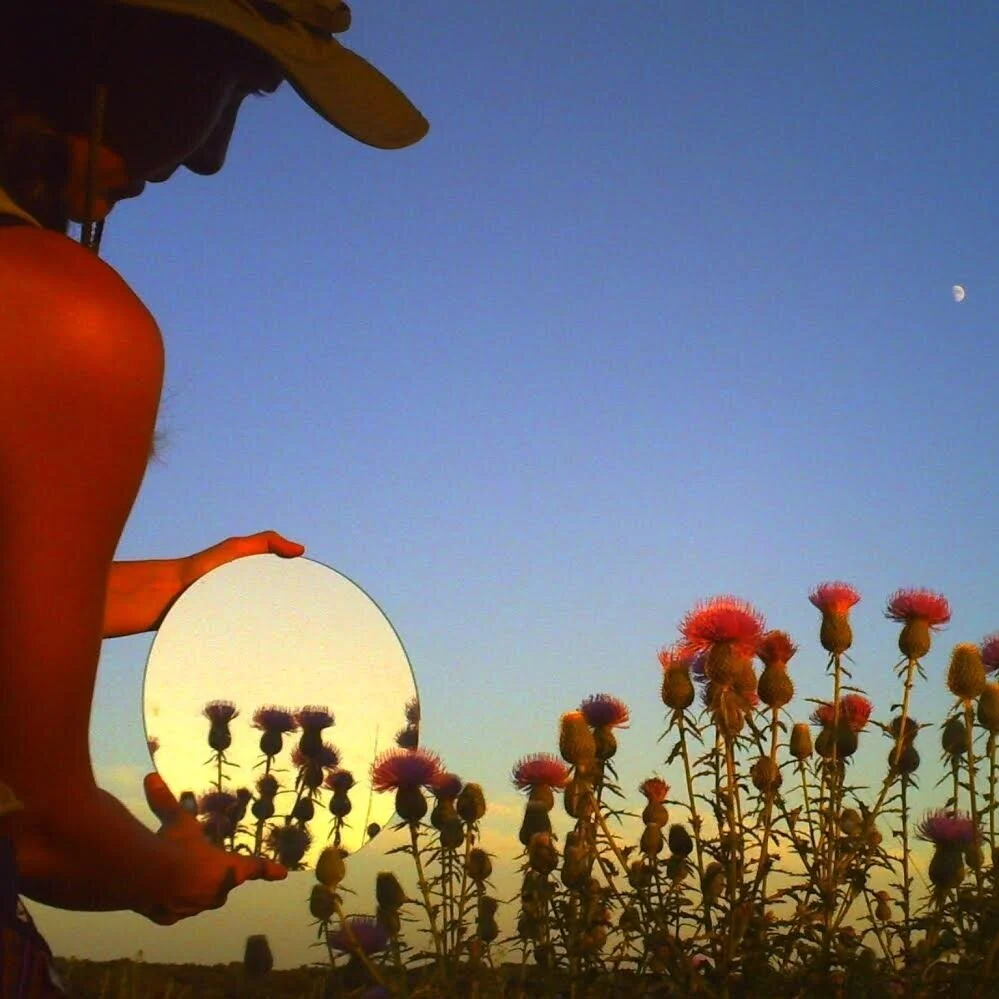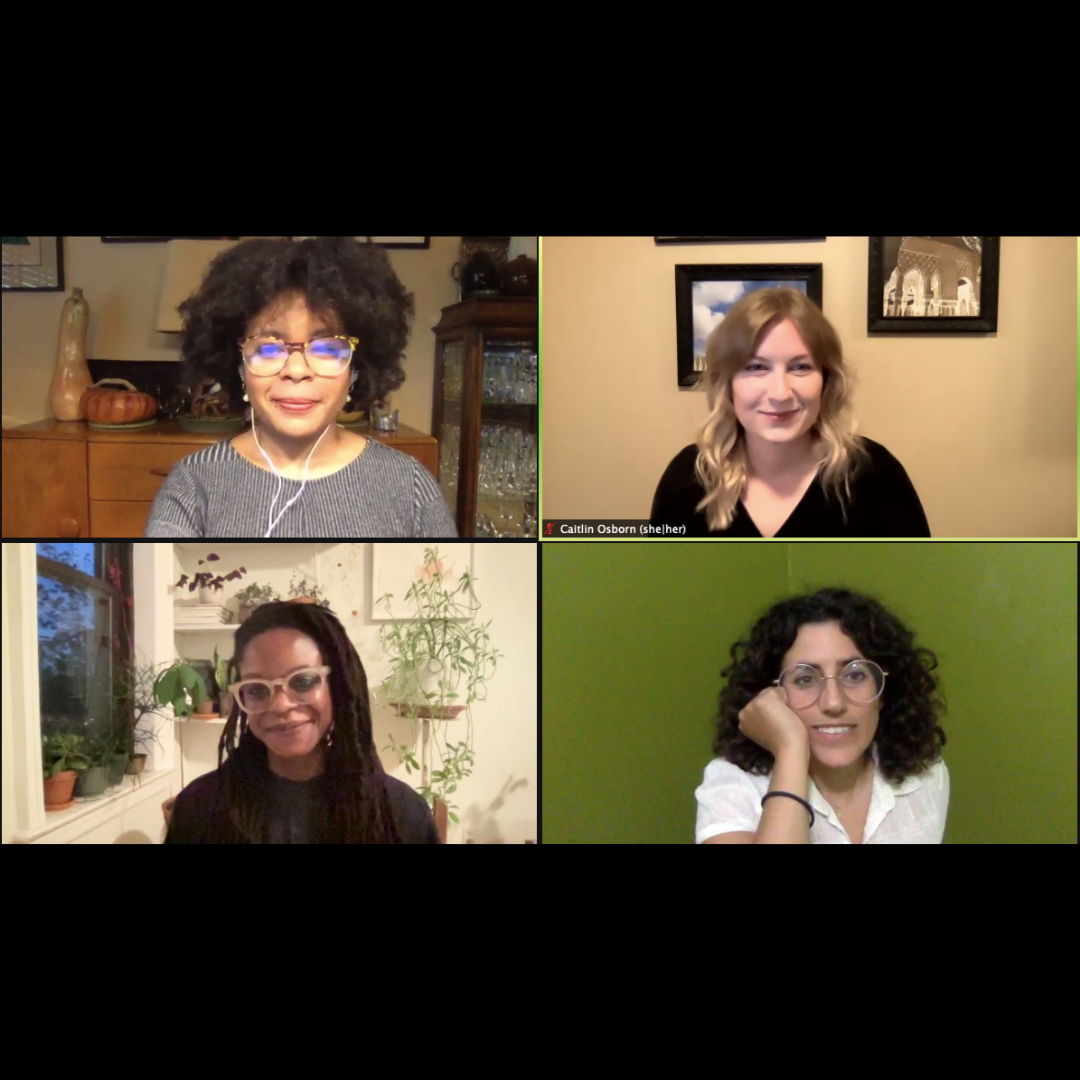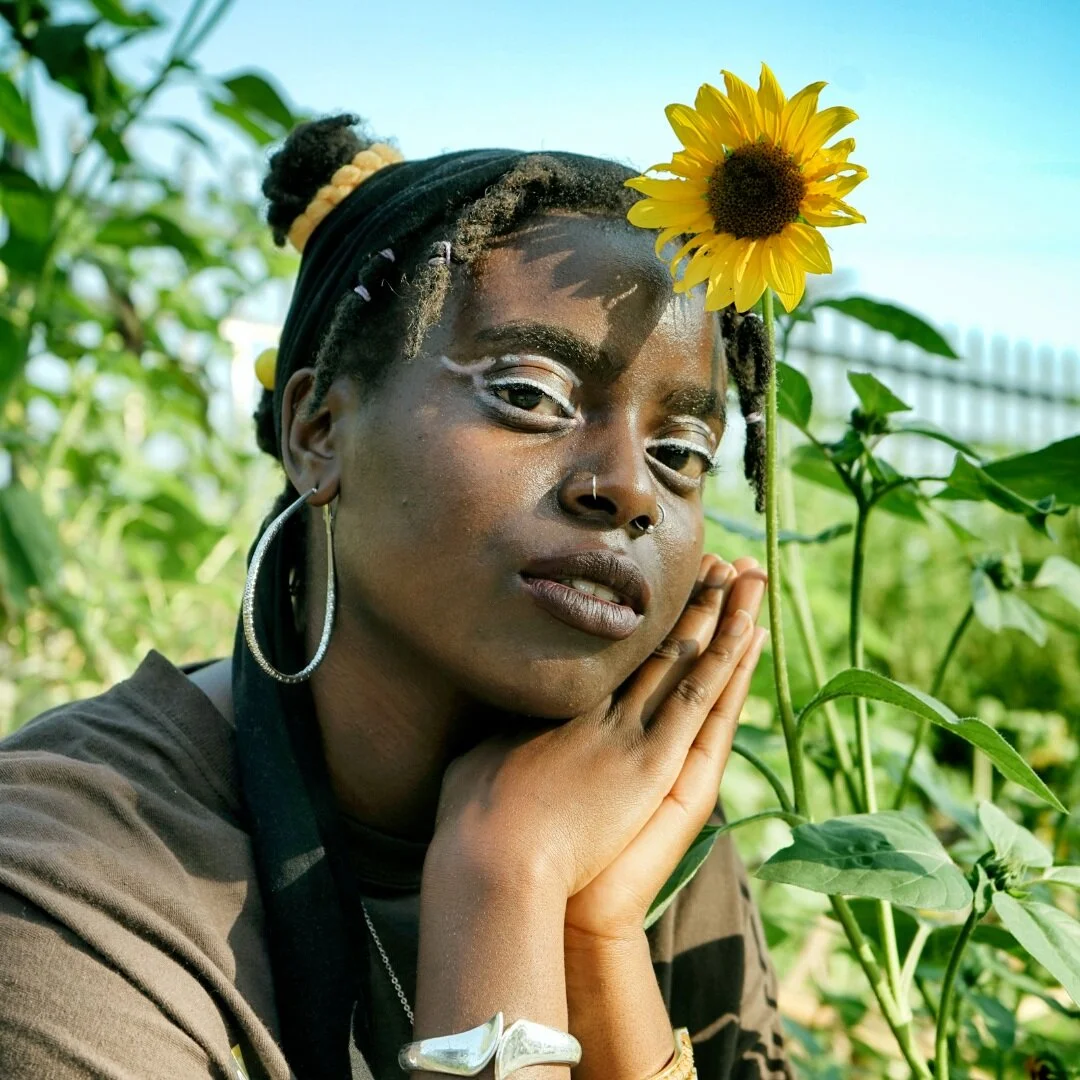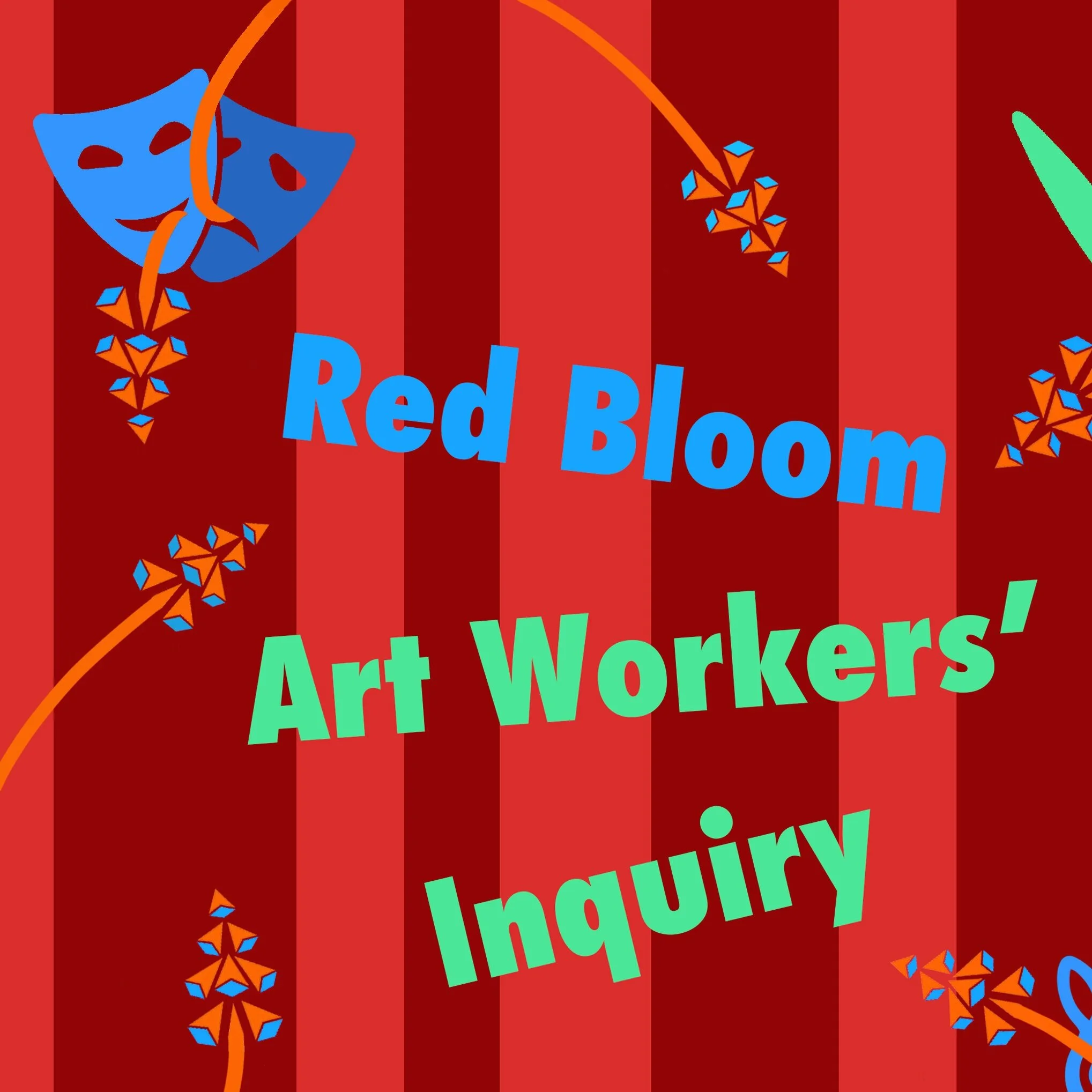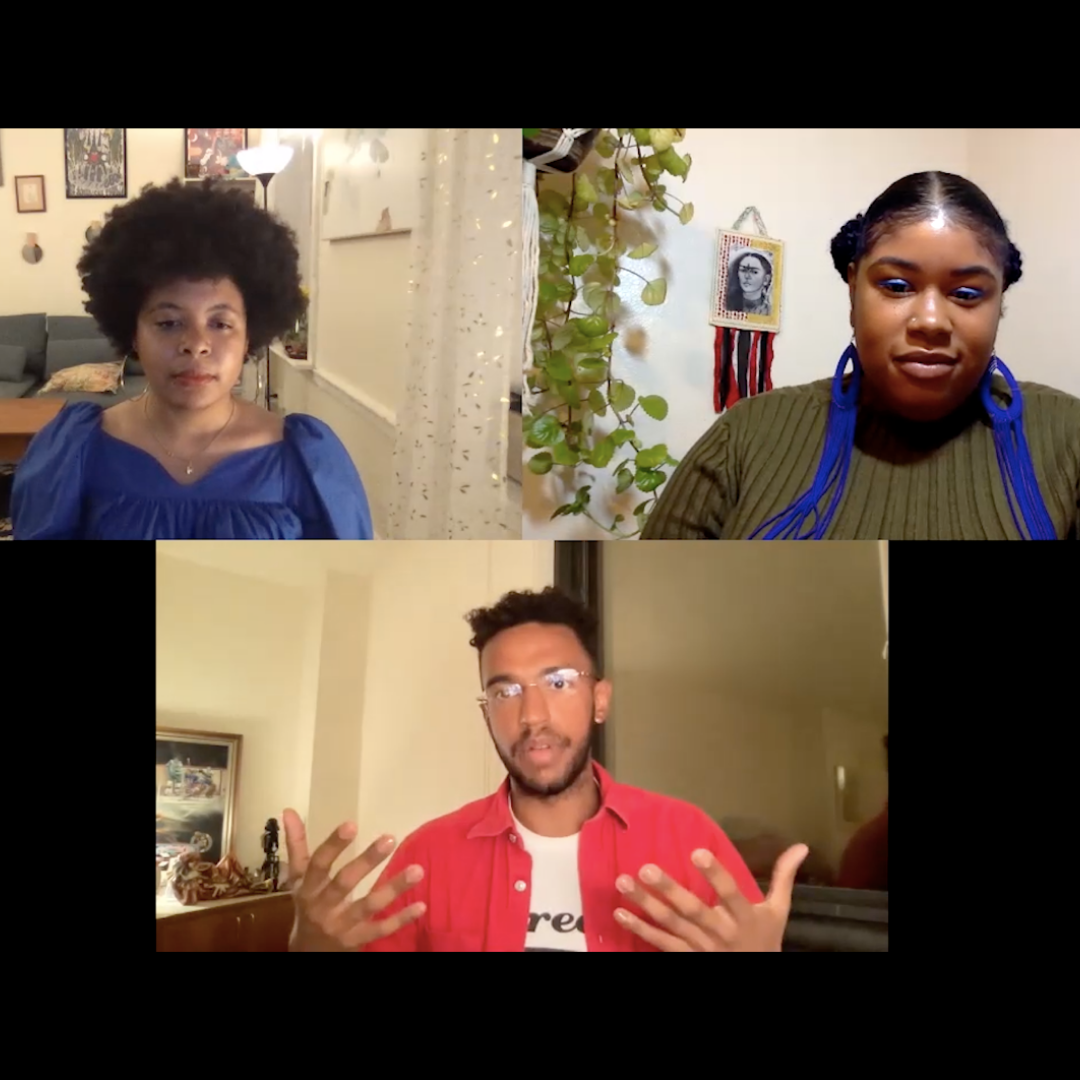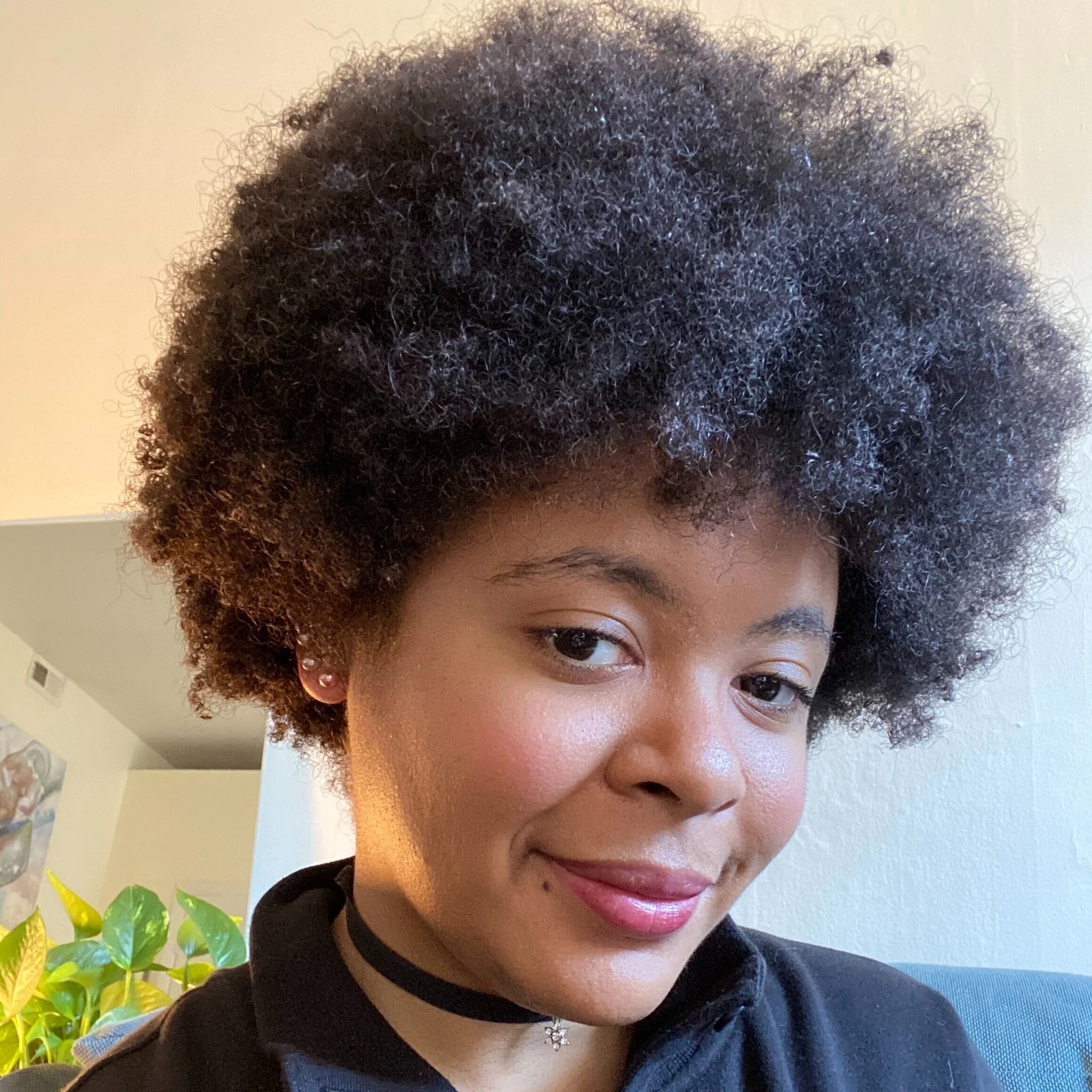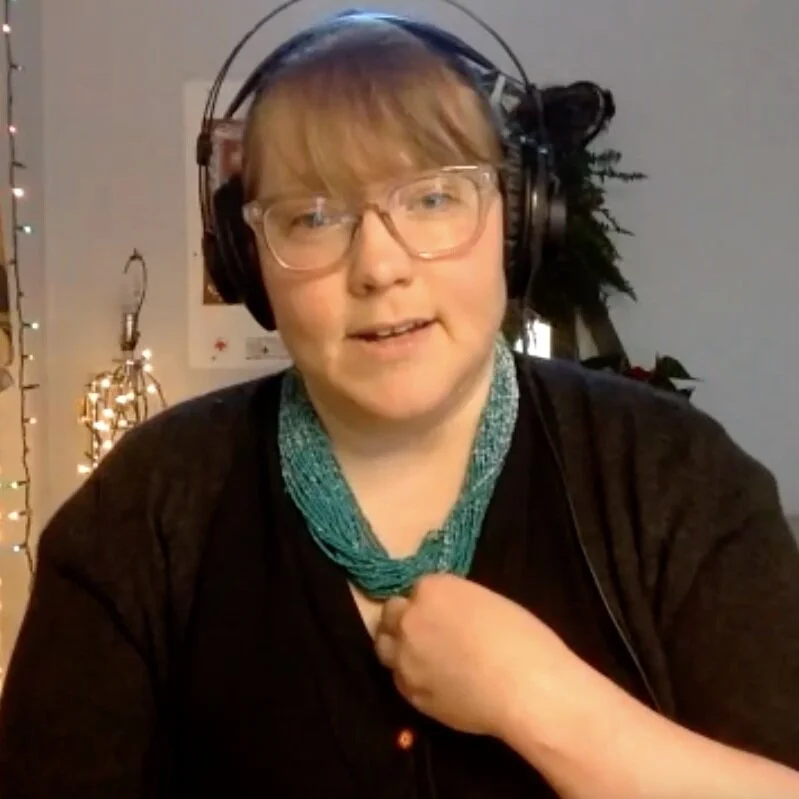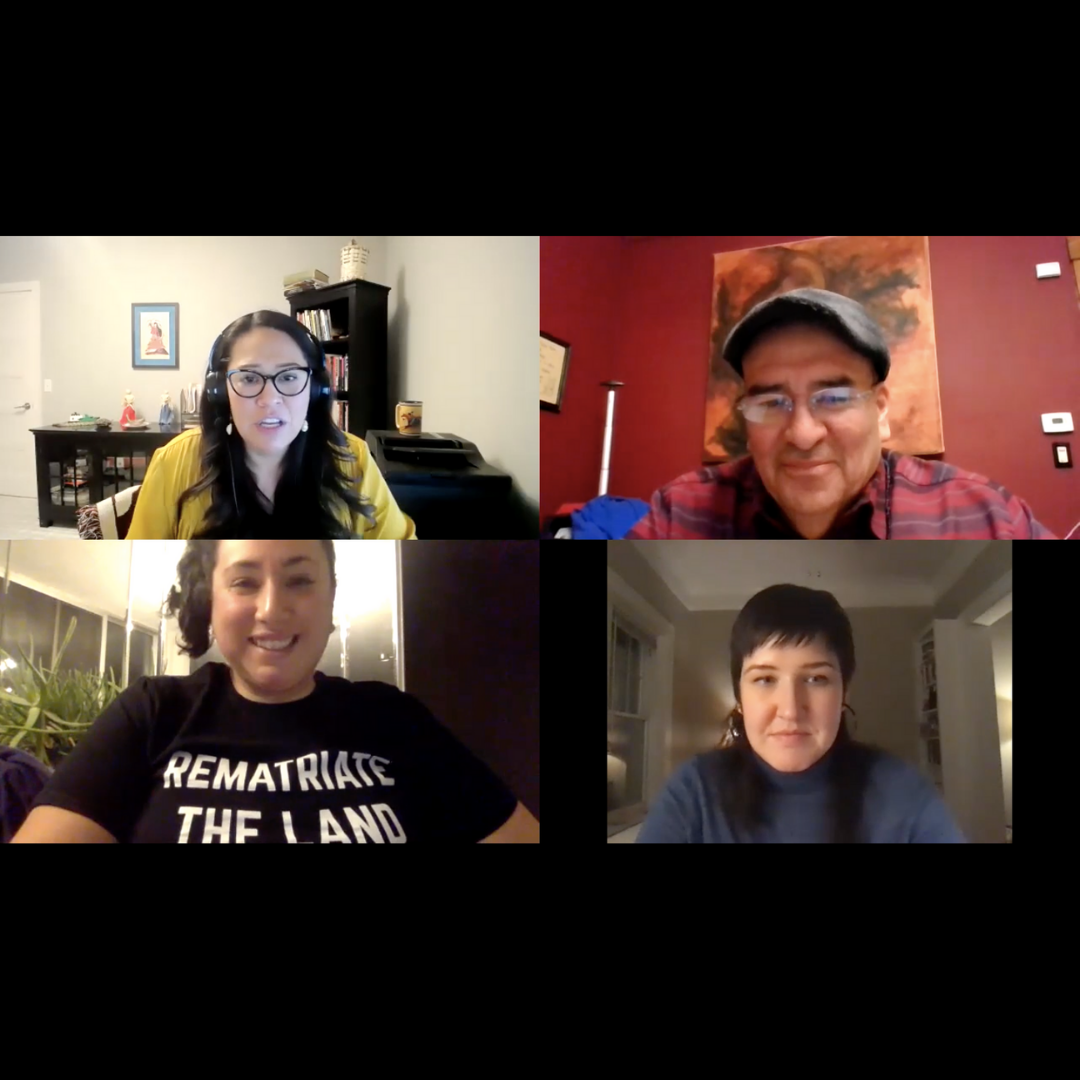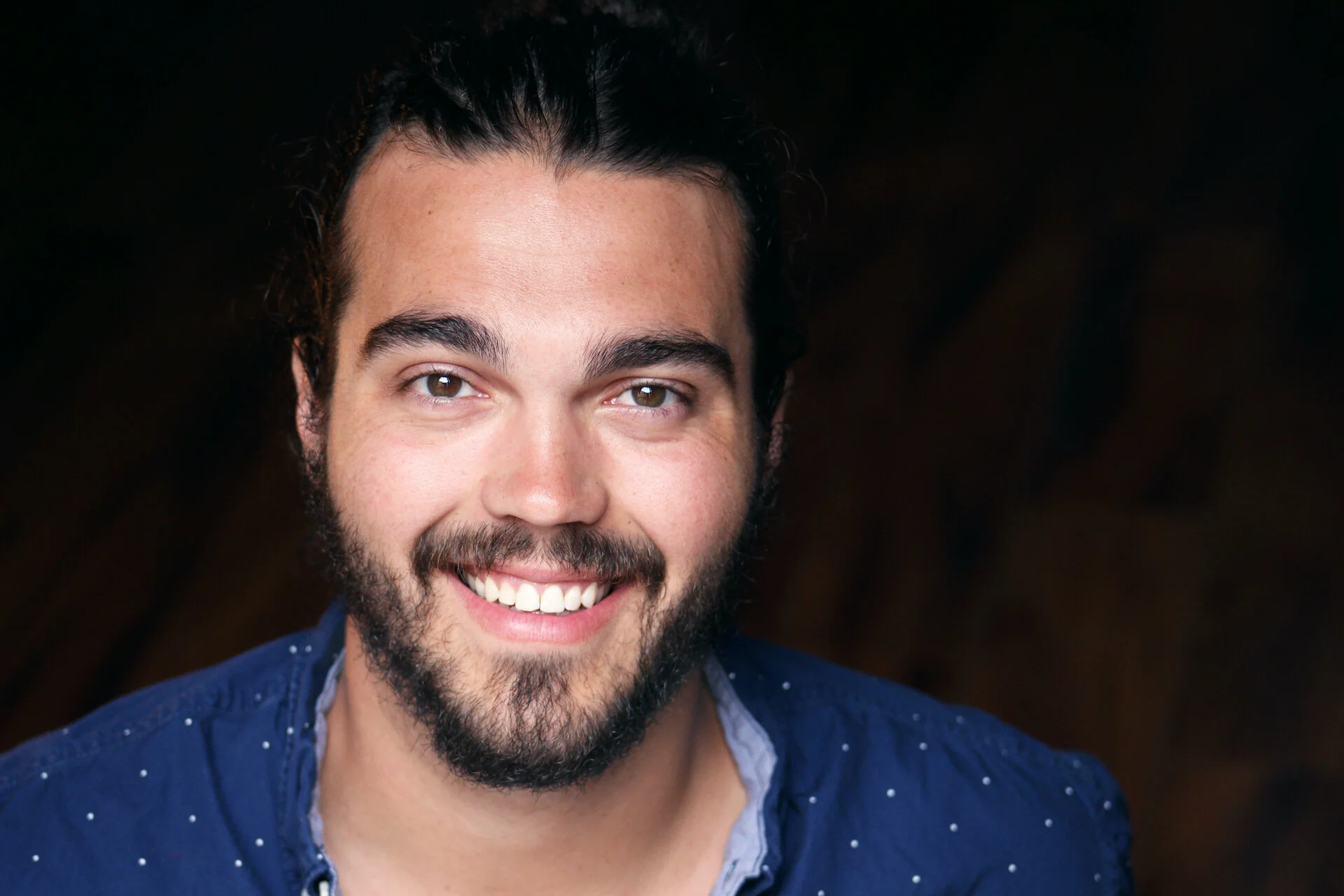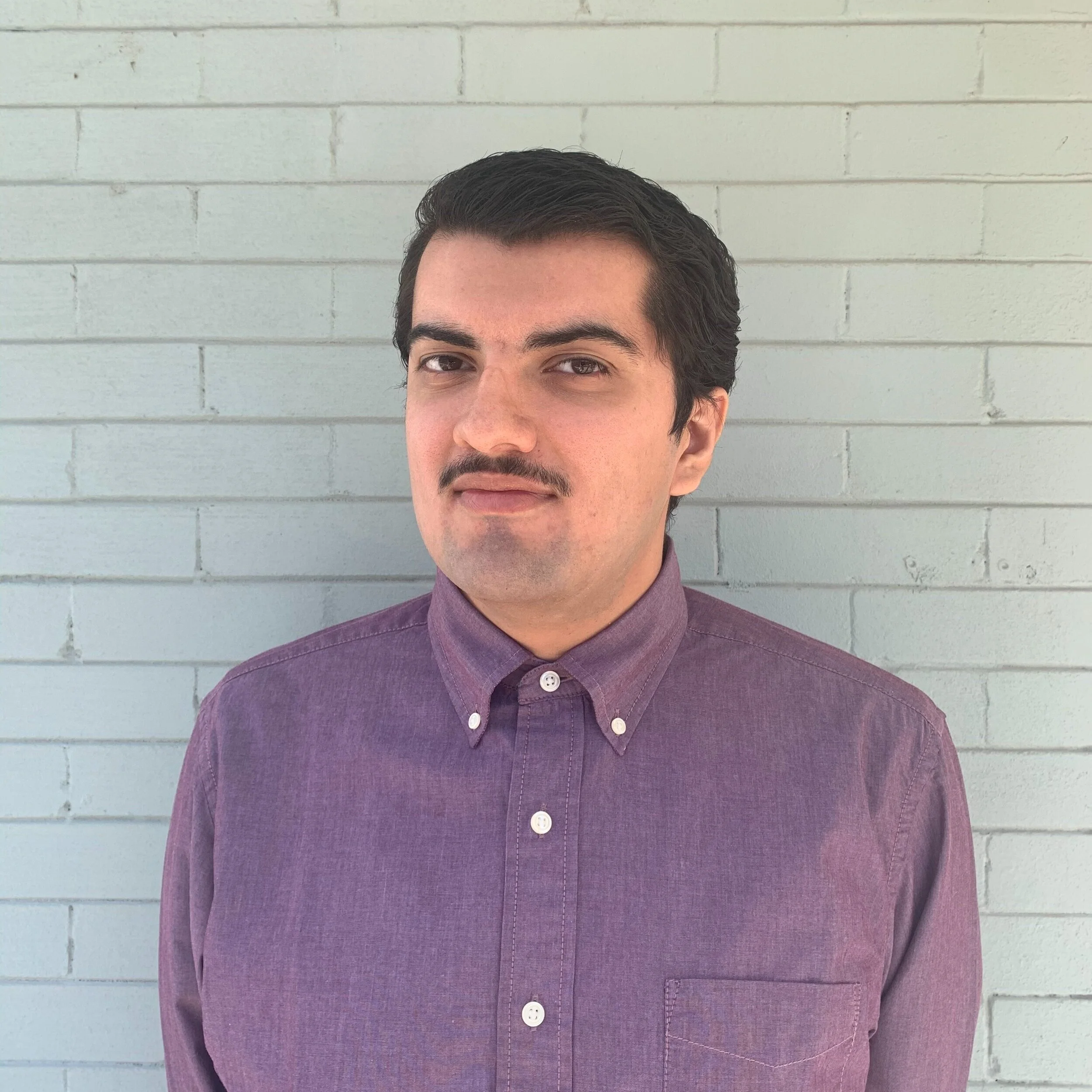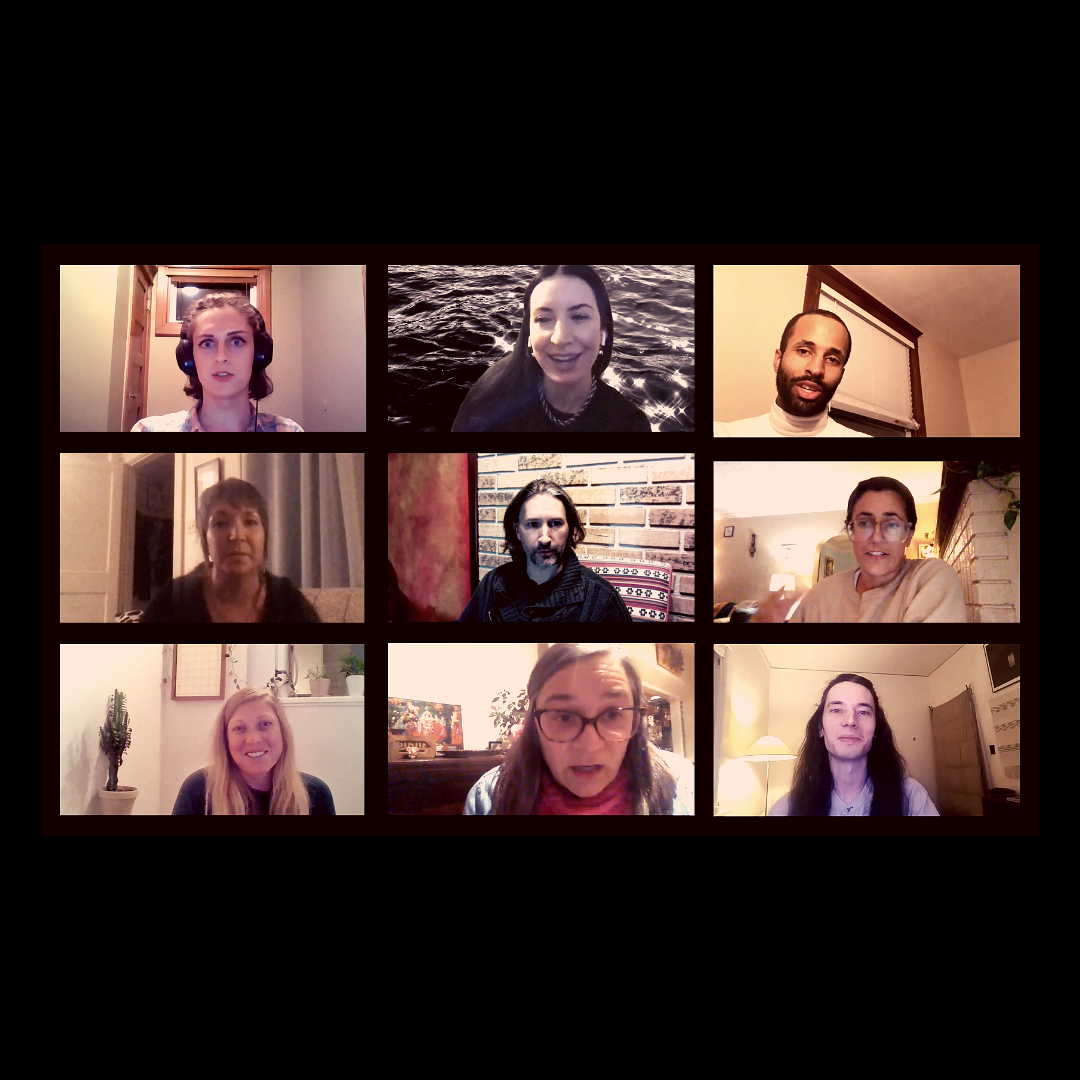“La Berge offers a comparative look at the aesthetics of socially engaged art, covering an impressive array of artists that both incorporate and represent a general condition of living beyond the wage.”
Read MoreOn August 19th, Natalie Bell, Mary Lawson, and Jared Ledesma sat down with Jared Packard for a virtual discussion about inclusive curatorial practices that center making projects, performances, and exhibitions with community instead of about.
Read MoreWhen important constituencies are ignored or dismissed in exhibition planning and curatorial decision making processes, the likelihood of institutions misinterpreting subject matter that puts forth ethical, social, political, or economic relations which exist beyond the boundaries of the institution’s walls becomes a distinct reality.
Read More“I want you to come in, and learn, and share, and do what you can. Ultimately, we're trying to save our culture. We're trying to save our language. You can't let something as trivial as money get in the way of that.”
Read More“I think that it can be really hard to work with any type of structure that is rooted in capitalism on anything that is inherently non-dominant culture driven belief systems, on anything that is based in gift ecology, on anything that asks for collective ownership.”
Read MoreDuring a virtual conversation on May 27th, panelists Rebecca Carew, Alex O’Hanlon, and Caitlin Osborn sat down with moderator Lillian Snortland for a virtual discussion to reimagine how philanthropy in the arts might match calls for solidarity with meaningful reform.
Read More“So, to have support from the community without having to do the whole nonprofit thing, it just felt right. I felt a sense of urgency and and the only way to do it was just to do it, just to catapult into it. That was an innate reasoning, and it wasn't really a choice, it just happened.”
Read More“Reimagined and reconfigured as emancipatory, art institutions could create a radically different world where people’s needs are taken care of and where everyone can luxuriate in the full experience of being human.”
Read MoreDuring a virtual conversation on March 24th, panelists glyneisha, Jonathan González, and Lillian Snortland sat down together to reimagine relationships between artists and institutions by considering artist-initiated projects that aim to shift institutional paradigms of racial equity, fair pay, and institutional transparency.
Read More“What does it mean to push against soulless, lofty spaces that prop up the notion of individual exceptionalism…? What does it mean to exchange that notion of institutional success for new definitions of how we collectively value making meaning together?”
Read More“The conceit of western white supremacist colonial capitalism to say that 200 years in place is a long time, and to denote an authority over place, is hilarious to think about.”
Read MoreOn January 28th, panelists Marisa Miakonda Cummings, Risa Puleo, and Steve Tamayo sat down for a virtual discussion, moderated by Annika Johnson, to examine land acknowledgements within cultural institutions and question their potential to move beyond performative activism and ignite real structural change.
Read More“I just think the more people can understand that Indigenous people are greatly lumped together in our pop culture, in our textbooks, and the more that they can learn about the specific history of where they are, and the people whose land they're on, the more good they can actually do and the more that they can actually get involved.”
Read More“Inspiring action is far more important than letting a Land Acknowledgement enter one ear and leave through another, but more often than not, very little is done by cultural institutions to honor them. This is unfortunately all too common.”
Read MoreOn November 19th, 2020 Alternate Currents Working Group Members sat down for a virtual conversation, moderated by Annika Johnson, to discuss how culture stands up for nature, and water, more specifically, by centering concepts of reciprocity, care, and ecological justice in individual and collective creative practice.
Read More
